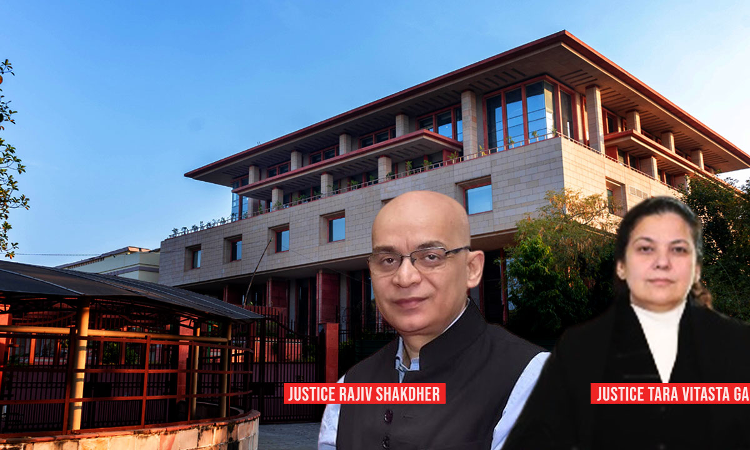The Delhi High Court has ruled that the income/ fee earned by an Agricultural Produce Marketing Committee (APMC) for regulating the poultry market, would fall within the scope of Section 10(26AAB) of the Income Tax Act, 1961, and thus the same would be exempt from income tax. Rejecting the argument of the revenue department that unless income which is earned by an APMC is relatable...

